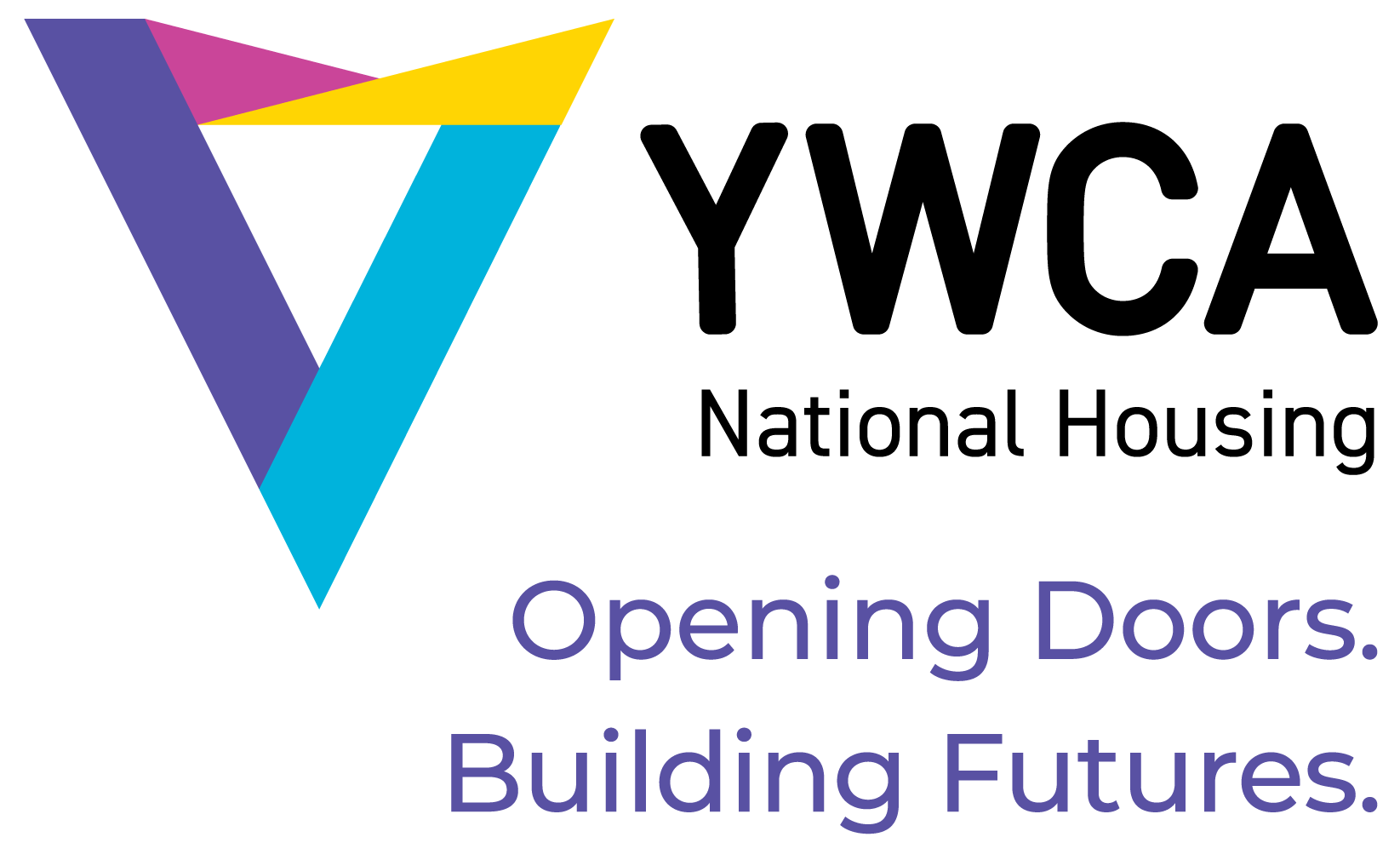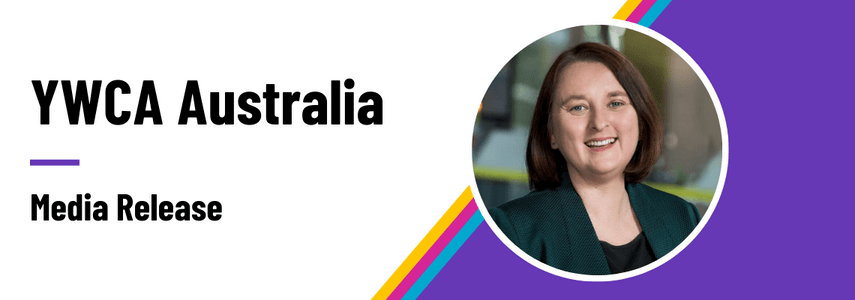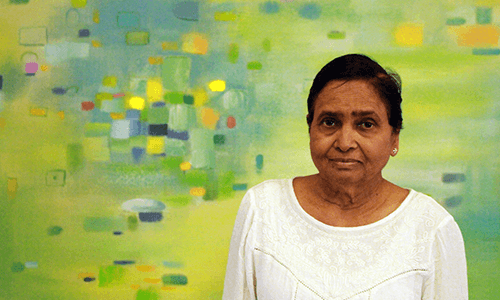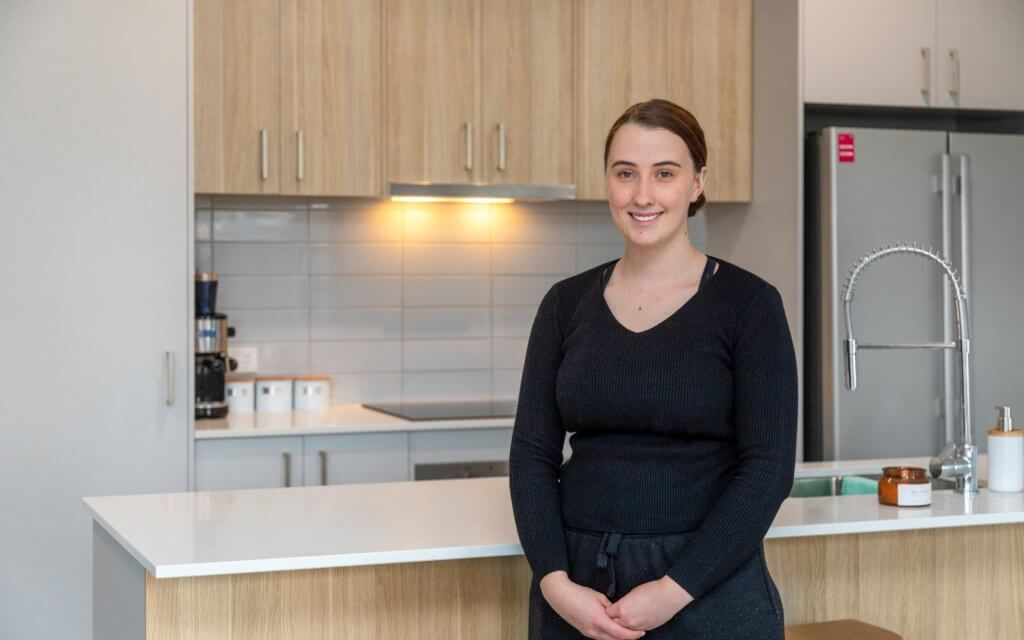One of the common (and frankly, extremely ignorant) remarks made when talking about domestic violence in Australia is the question – “why don’t they just leave?”
A report from researcher Anne Summers released last week reveals exactly why – that many women escaping a violent relationship are facing the impossible decision between violence and poverty. The report looks at never-before-seen data from the Australian Bureau of Statistics’ 2016 Personal Safety Study and focuses on the experiences of violence of single mothers, with shocking results.
60 per cent of single mothers had experienced violence in a previous relationship. 75 per cent of these women said their former partner’s assaults, threats, controlling or emotionally harmful behaviour were the main reason the relationship ended. They left because of the violence. But what support awaited them?
Very little. 50 per cent of these single mothers say that income support payments were their primary source of income. Since 2016, wages have stagnated and the cost of living has skyrocketed, yet income support payments have stayed the same. For survivors who rely on these payments how far they can stretch to cover the costs of leaving – bond, rent, furniture, counselling – has actually decreased in real terms. Coupled with the rising cost of housing, where less than 1.6% of private rentals in Australia are affordable for minimum wage earners and basically zero are affordable for people living on income support payments, too many survivors and their families are being robbed of a future free from violence.
The cost of starting again keeps many women in violent relationships. Of the estimated 275,000 women who experienced domestic and family violence at the hands of their current partner, 30 per cent left but later returned. For 12,000 of these women, they returned simply because they had nowhere else to go.
And of the 70 per cent of women who stayed after experiencing domestic violence, 22,600 said the lack of money and financial support was the main reason they couldn’t leave.
“Why doesn’t she just leave?” they ask. Because she can’t afford to.
More support is needed to help women rebuild their lives once they’ve left a violent relationship – especially when it comes to affordable housing.
Finette, Coordinator of YWCA Australia’s Domestic Violence programs in Southern New South Wales, says these horrific statistics mirror what her team sees each and every day.
YWCA operates three domestic violence programs in Southern NSW, with two specifically supporting women who have experienced domestic violence and have small children.
“One of the biggest misconceptions about domestic and family violence in Australia is that once women are out of the relationship, everything is fine. We know that this simply isn’t true. Leaving isn’t easy, especially with young children.”
She says the current rental crisis – which drove rents up as much as 38% per cent in some suburbs in her region – is the most significant factor preventing women leaving an abusive relationship.
The Summers report emphasises the need for a policy overhaul when it comes to how we support women leaving violent relationships. If we want women and their families to live a life free from violence, we must increase the supply of social and affordable housing, increase income support payments (including the Single Parent Payment and rent assistance) and increase funding for holistic support, that includes case management and housing, like what is offered by YWCA.







